Blog
-
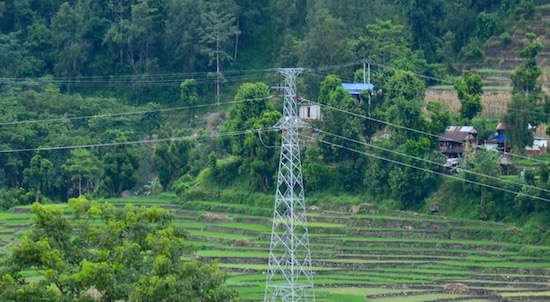 1 May 2021
1 May 2021Understanding Community Harm Part 1: Consultation, Disclosure, and Due Diligence
Part 1 of a series exploring the issues raised in community-driven complaints to Independent Accountability Mechanisms (IAMs) as captured on the Console, with analysis of how to understand, interpret, and compare the data. -
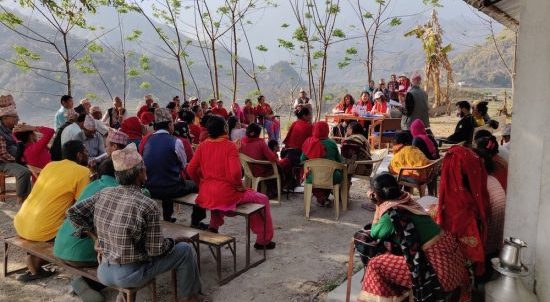 22 April 2021
22 April 2021Nepal Indigenous communities vindicated in rare European human rights victory
KATHMANDU, 23 April 2021 – Indigenous Peoples and local communities in Nepal are celebrating a hard-fought victory following a landmark investigation published yesterday, which found that the European Investment Bank (EIB) must take urgent steps to uphold their right to Free, Prior, and Informed Consent (FPIC) in its funding of… -
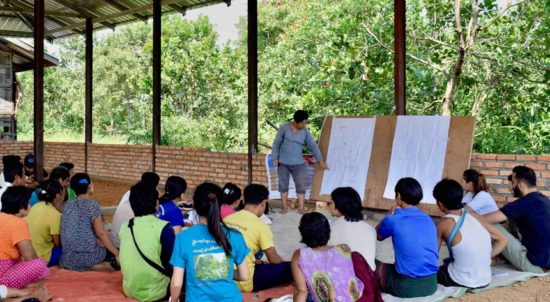 12 April 2021
12 April 2021Accountability Counsel Contributes to UN Thematic Report on Climate Investment and the Right to Development
The United Nations Special Rapporteur on the Right to Development (UNSR), Mr. Saad Alfarargi, is currently preparing his 2021 report to the UN General Assembly and the UN Human Rights Council on the theme of Climate change-related policies and projects from a right to development perspective. Accountability Counsel has contributed to this forthcoming report by submitting a comment letter that highlights the important nexus between climate investment, accountability, and the right to development, and discusses how to ensure that projects aimed at fighting the climate crisis do not negatively impact vulnerable communities. -
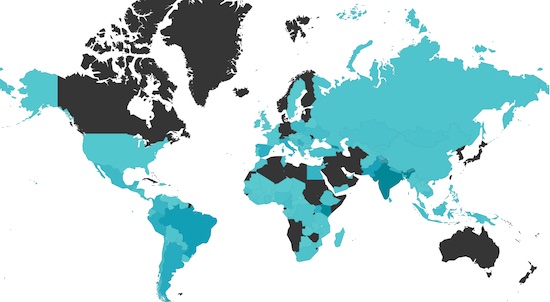 5 April 2021
5 April 2021Uncovering and Evaluating Accountability “Dark Spots”
Why are investment flows in the Middle East and North Africa not being matched with commensurate community complaints? And what does this tell us about communities’ ability to access remedy in these “dark spots”? -
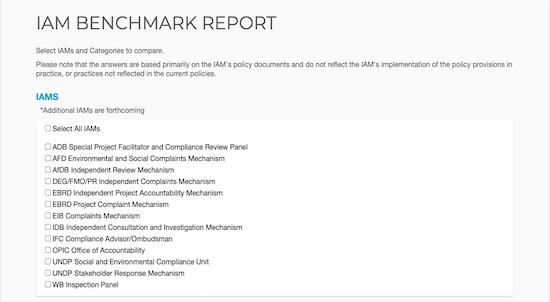 5 April 2021
5 April 2021How to Compare IAM Policies with the Benchmark Reports Feature
Understanding how policies and operating procedures vary at different IAMs is a critical component of accessing the mechanisms for communities, and of informing advocacy for best practices at IAMs. The IAM Benchmark Report feature allows users to view and compare policies across mechanisms, and provides insights into how particular policies influence complaint outcomes. -
 26 March 2021
26 March 2021Standing With Asian American / Pacific Islander (AAPI) Communities Against Hate
At Accountability Counsel, we stand with our allies in community-driven movements for justice. Today, Accountability Counsel joined a statement from our allies at Asian Americans Advancing Justice articulating a vision for a Community-Centered Response to Violence Against Asian American Communities. -
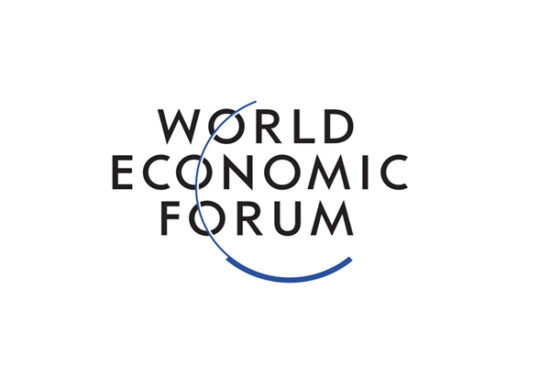 17 March 2021
17 March 2021A Step Towards Making ESG Commitments Matter: New Stakeholder Capitalism Metrics Require Communities’ Input
The new Stakeholder Capitalism Metrics, a product of a World Economic Forum and International Business Council initiative, are a voluntary set of ESG metrics that companies can use to guide environmental, social, and governance (ESG) reporting and measuring contributions towards the United Nations Sustainable Development Goals (SDGs). Earlier this year, more than 60 companies took an important step in the right direction by committing to the Stakeholder Capitalism Metrics, including metrics that integrate the need for direct community feedback and effective grievance mechanisms to ascertain risks and respond to unintended impacts. -
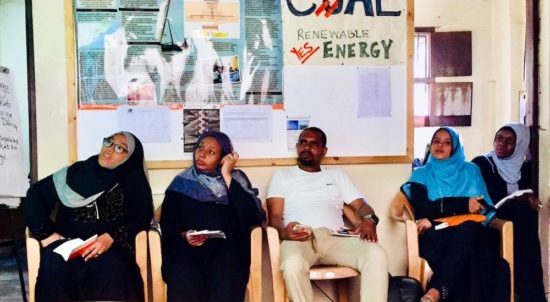 3 March 2021
3 March 2021Decolonizing Development Requires A Commitment to Accountability
In a recent op-ed, Foreign Aid is Having A Reckoning, the Editorial Board of The New York Times highlighted discussions happening around the world, and in Africa in particular, about the need to “decolonize” development and center decision-making in the hands of local communities. From our experience working with communities in Africa and across the globe, we know that accountability to communities impacted by development projects is one crucial component of community-led development. -
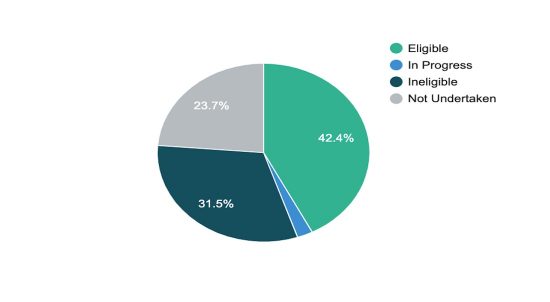 1 March 2021
1 March 2021The Eligibility Bottleneck
Understanding the reasons why complaints fail to advance beyond preliminary stages allows visibility into the system of accountability in international finance, and helps us evaluate how IAMs are functioning as sources of redress for communities facing harm. -
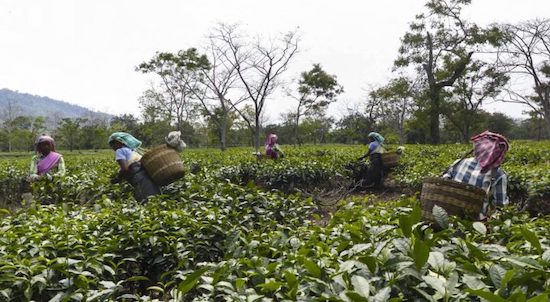 1 March 2021
1 March 2021The Story of a Complaint
The Accountability Console has a page dedicated to each of the 1,395 complaints filed to accountability mechanisms. Complaint pages do more than display the data of a specific complaint; they tell the stories of communities facing harm, and their attempts to find remedy. Here is one example. -
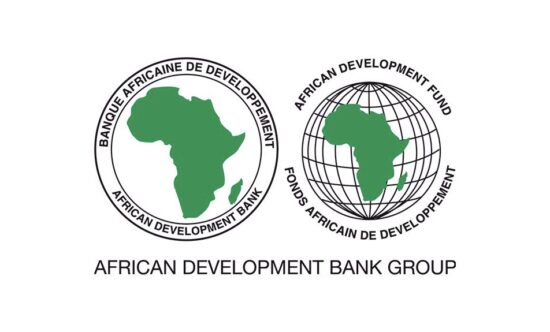 17 February 2021
17 February 2021Review Team Recommends Important Reforms to the AfDB’s Accountability Framework; More is Needed to Ensure Remedy for Communities
The African Development Bank (AfDB) is one of the largest development finance investors in Africa, committing $7.1 billion in 2018 alone to fund development projects in Africa. But what happens when these projects negatively impact the very communities that are meant to benefit? Unfortunately, negative impacts are not a hypothetical.… -
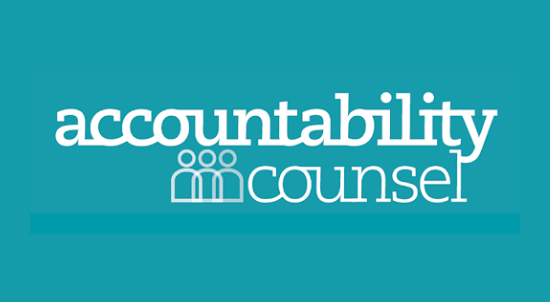 16 February 2021
16 February 2021Welcoming Vanessa Barboni Hallik to Accountability Counsel’s Board
We are pleased to announce that Vanessa Barboni Hallik has joined Accountability Counsel’s Board of Directors. Vanessa comes to Accountability Counsel with a range of expertise that deeply supports our mission and the communities we serve. -
 29 January 2021
29 January 2021Understanding Complaint Stage Outcomes
Complaint stage information is a critical component in helping us understand how accountability mechanisms function in practice. Recent updates to our methodology on complaint stages provide further insights into things like registration criteria, eligibility trends, and outputs for communities — helping inform a community-centered approach to our data. -
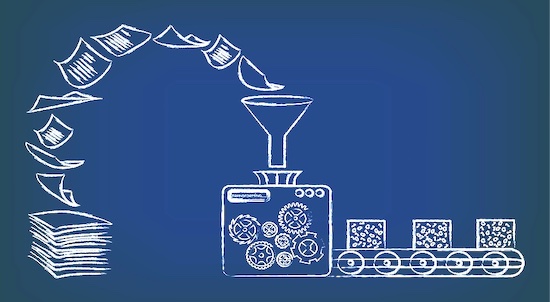 29 January 2021
29 January 2021Document Search
The Console’s newest feature is a powerful way to do highly targeted research by scanning through nearly 100,000 pages of complaint documents in seconds. Learn more about use cases and example searches. -
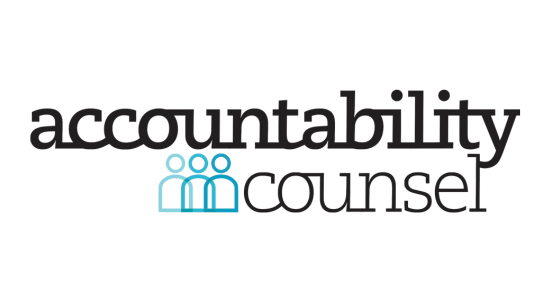 8 January 2021
8 January 2021This is America. Where is Accountability?
At Accountability Counsel, we will continue to shine a light on the power structures that operate with impunity, within the US and elsewhere. We will persist in our demand for accountability of these structures. We will maintain our call for transparency so that power cannot wield misinformation as a weapon. We will amplify the voices of communities who have been silenced and ignored. -
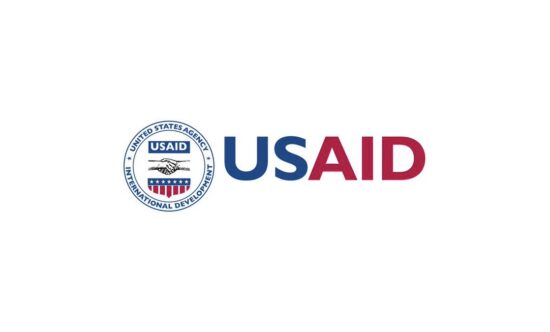 5 January 2021
5 January 2021U.S. Congress Requires USAID to Create an Accountability Mechanism
In late December 2020, when the United States Congress passed its appropriations legislation to fund the government, it issued an accompanying explanatory statement that requires the U.S. Agency for International Development (USAID) to establish an accountability mechanism. This is welcome news for those who want USAID’s projects to be successful… -
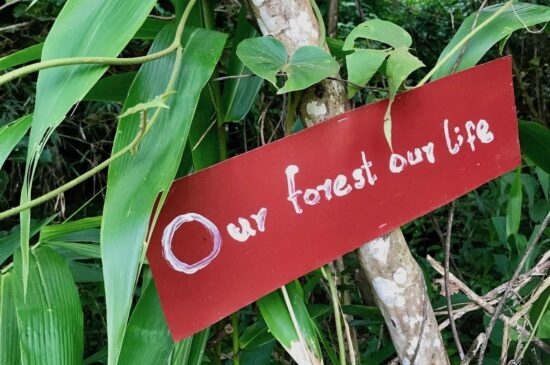 22 December 2020
22 December 2020Independent Panel Reports On WWF And Makes Case For Accountability
An independent panel of experts has reviewed some of World Wide Fund for Nature’s conservation projects alleged to have contributed to human rights abuses. A key recommendation from the review is to establish an effective accountability mechanism to strengthen compliance and ensure communities have redress for project harms. WWF should… -
 11 December 2020
11 December 2020Senate Subcommittee Takes Important Step to Address USAID’s Accountability Gap In Appropriations Bill
Soon Congress might address a long-standing accountability gap in upcoming appropriations legislation. In its draft bill, a Senate appropriations subcommittee took a critical step towards strengthening accountability at the U.S. Agency for International Development (USAID) by requiring the agency to establish an accountability mechanism. We applaud the Senate subcommittee for… -
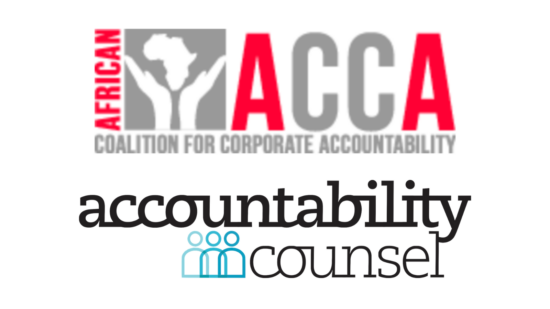 10 December 2020
10 December 2020Nouveau rapport, Redevabilité en Afrique : Préjudices causés par les flux financiers internationaux et recommandations
Aujourd’hui, à l’occasion de la Journée internationale des droits de l’homme, Accountability Counsel et la Coalition africaine pour la redevabilité des entreprises (ACCA) lançons notre nouveau rapport intitulé : Redevabilité en Afrique : Effets préjudiciables des flux financiers internationaux et stratégies de soutien à l’accès aux recours par les communautés. -
 10 December 2020
10 December 2020New Report, Accountability in Africa, Examines Harm From International Financial Flows and Recommends Action
Today, on Human Rights Day, Accountability Counsel and African Coalition for Corporate Accountability launch our new report, Accountability in Africa: Harm from International Financial Flows and Strategies for Supporting Community-Led Access to Remedy.

